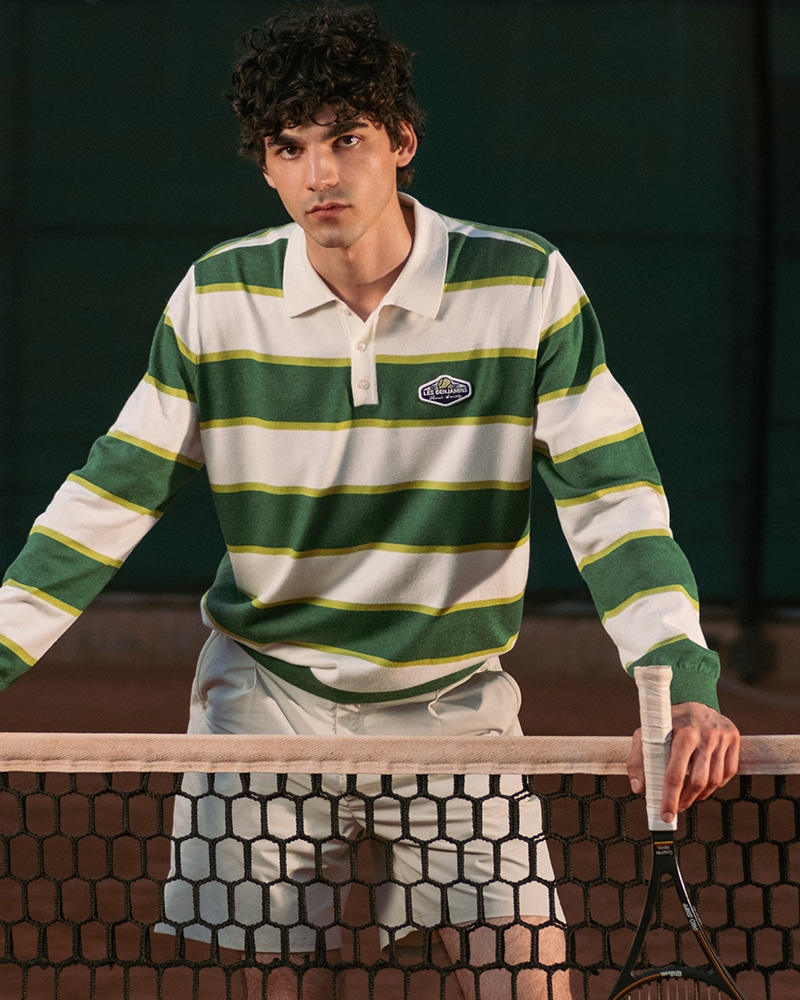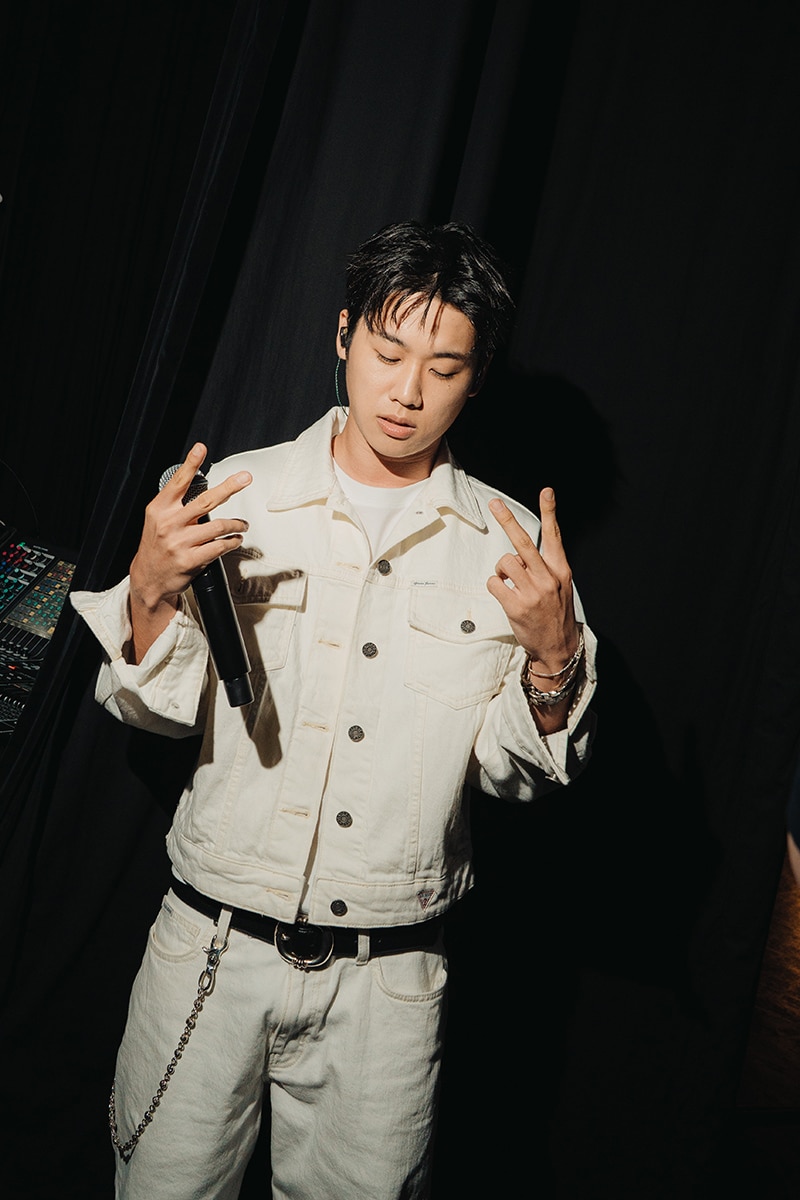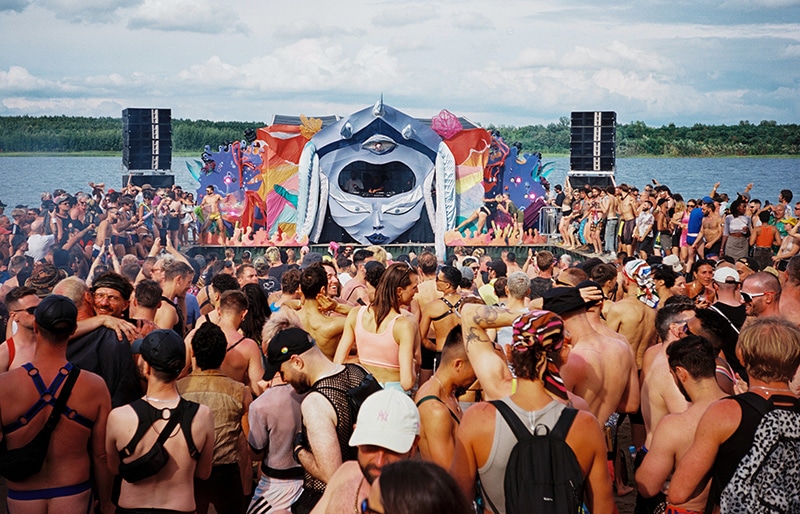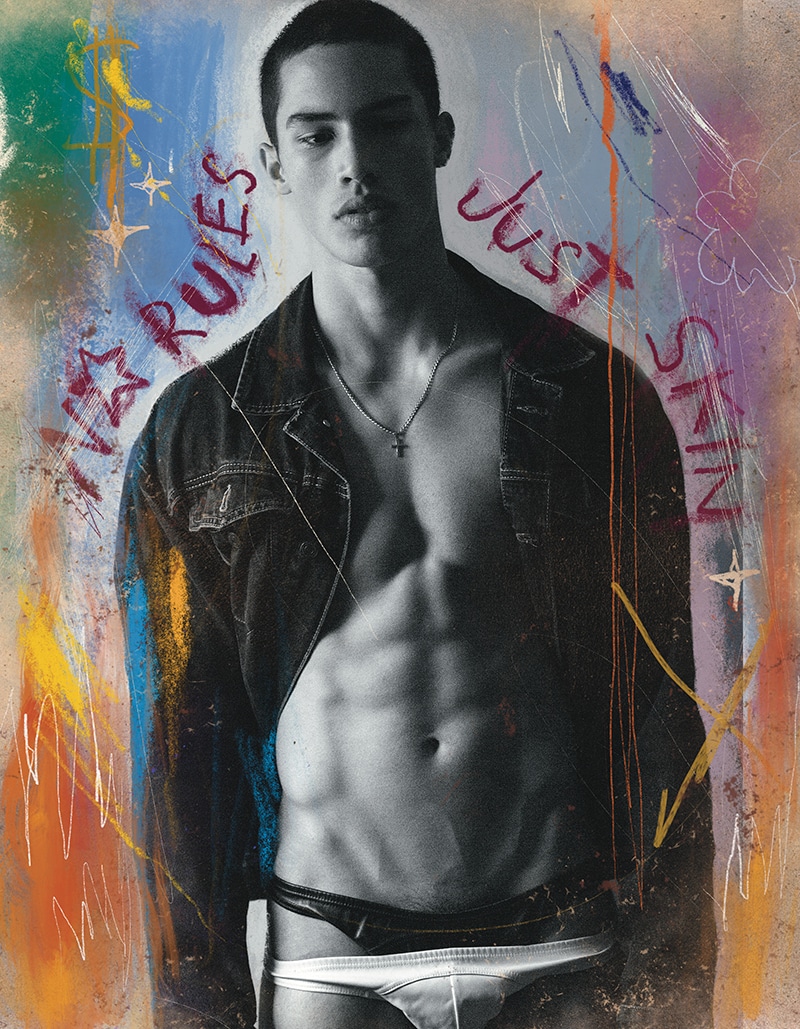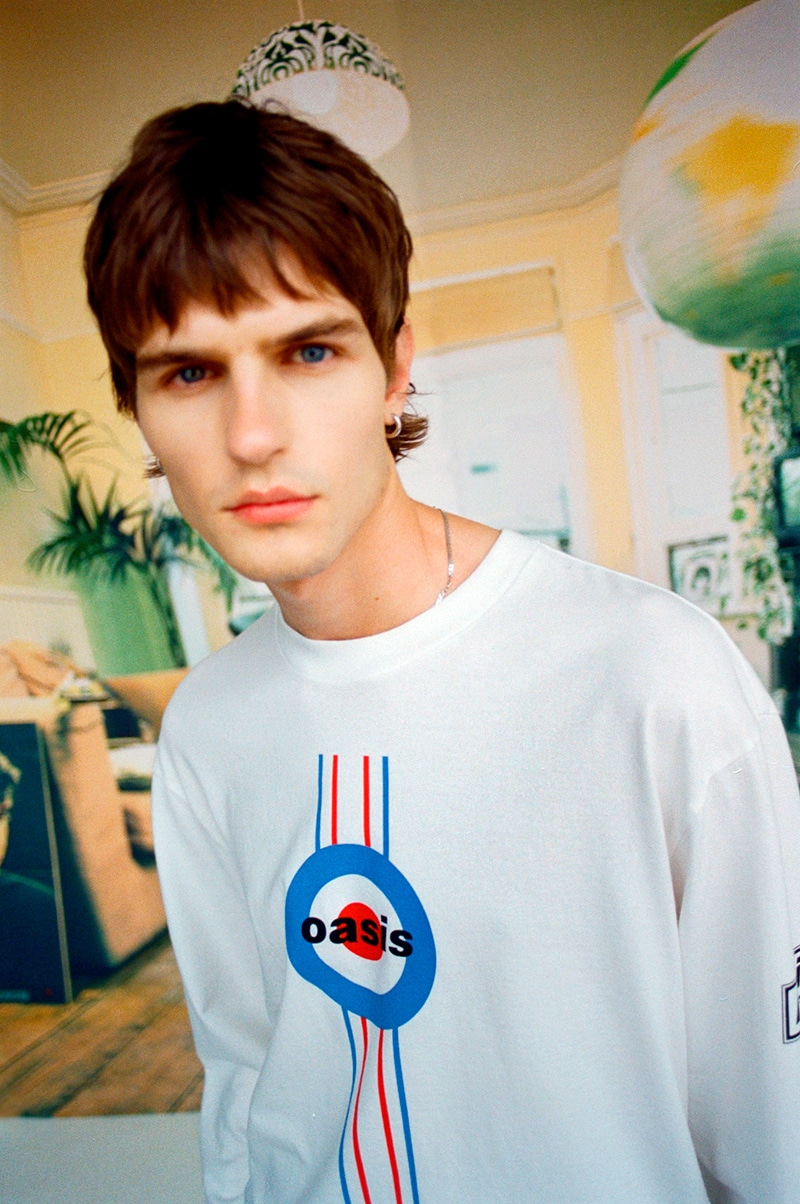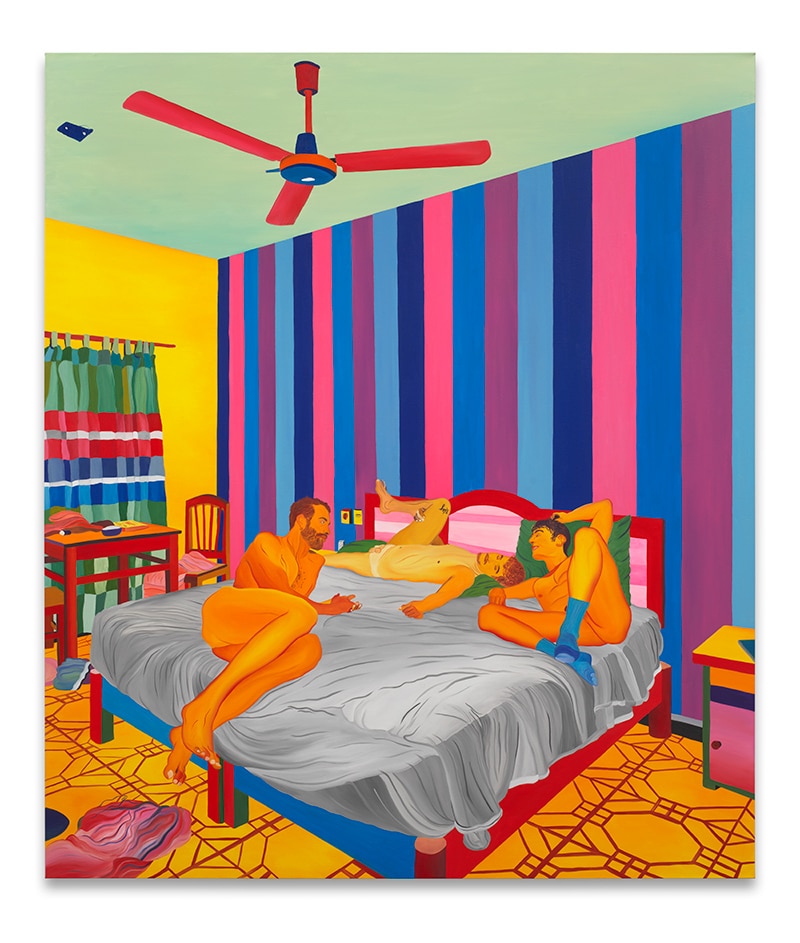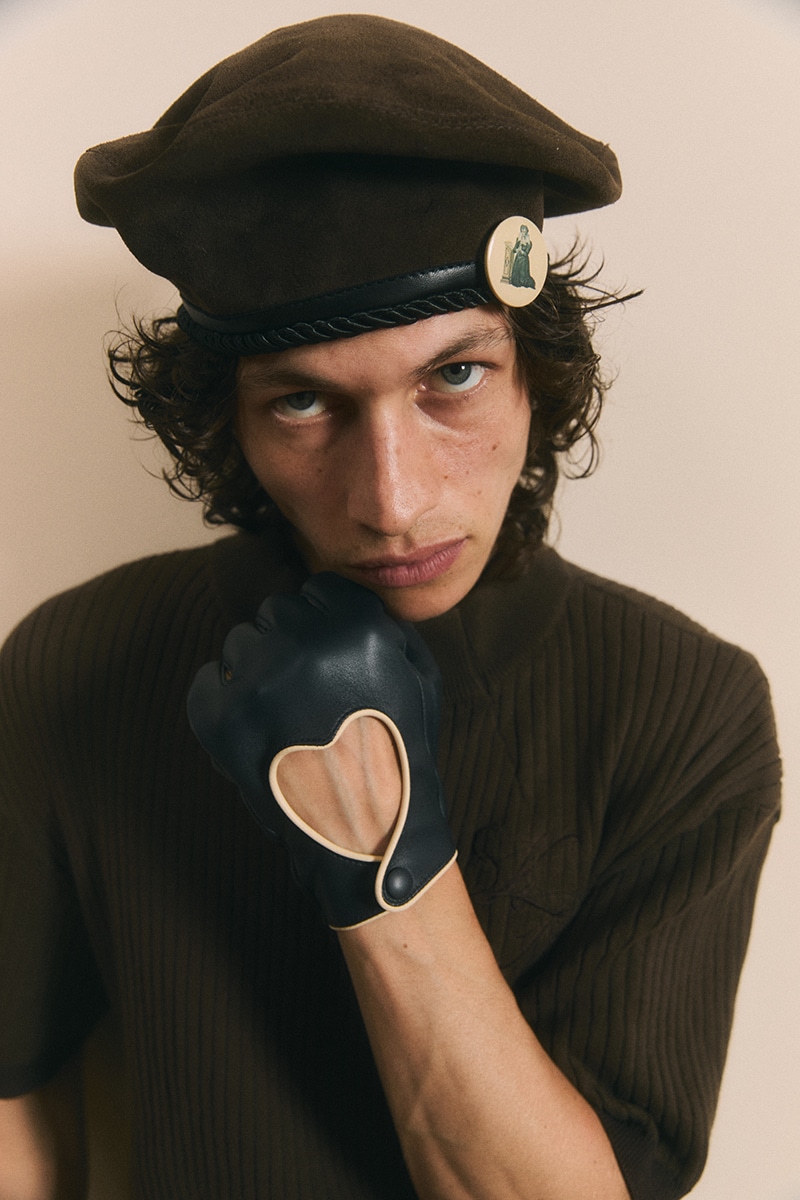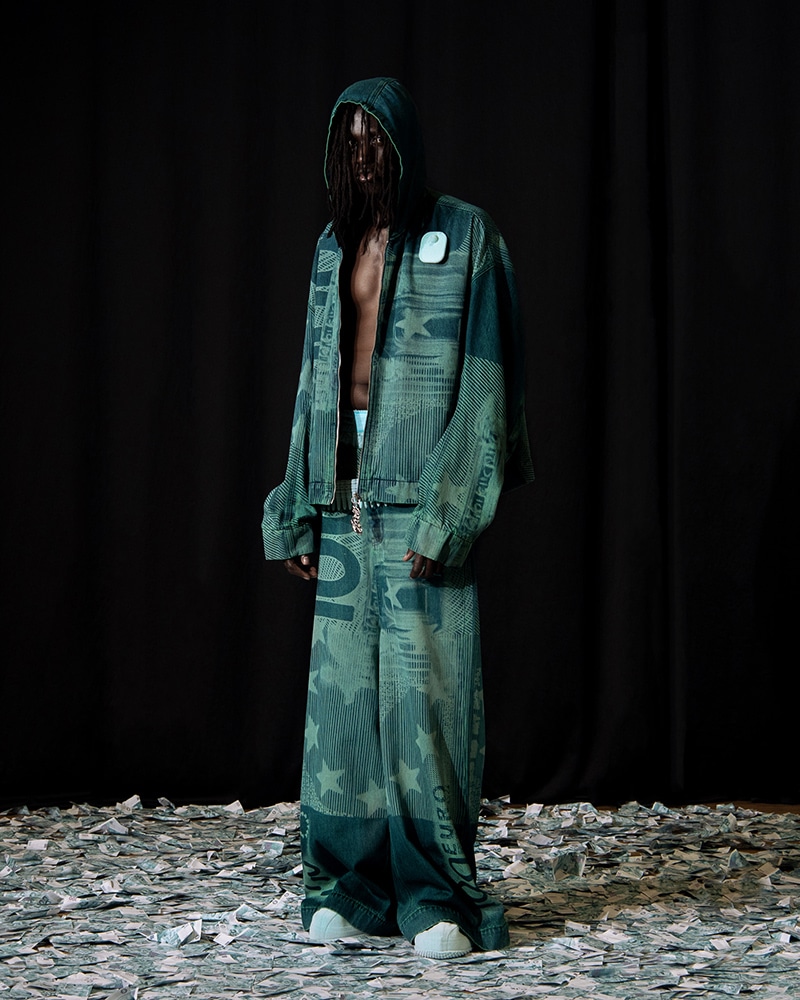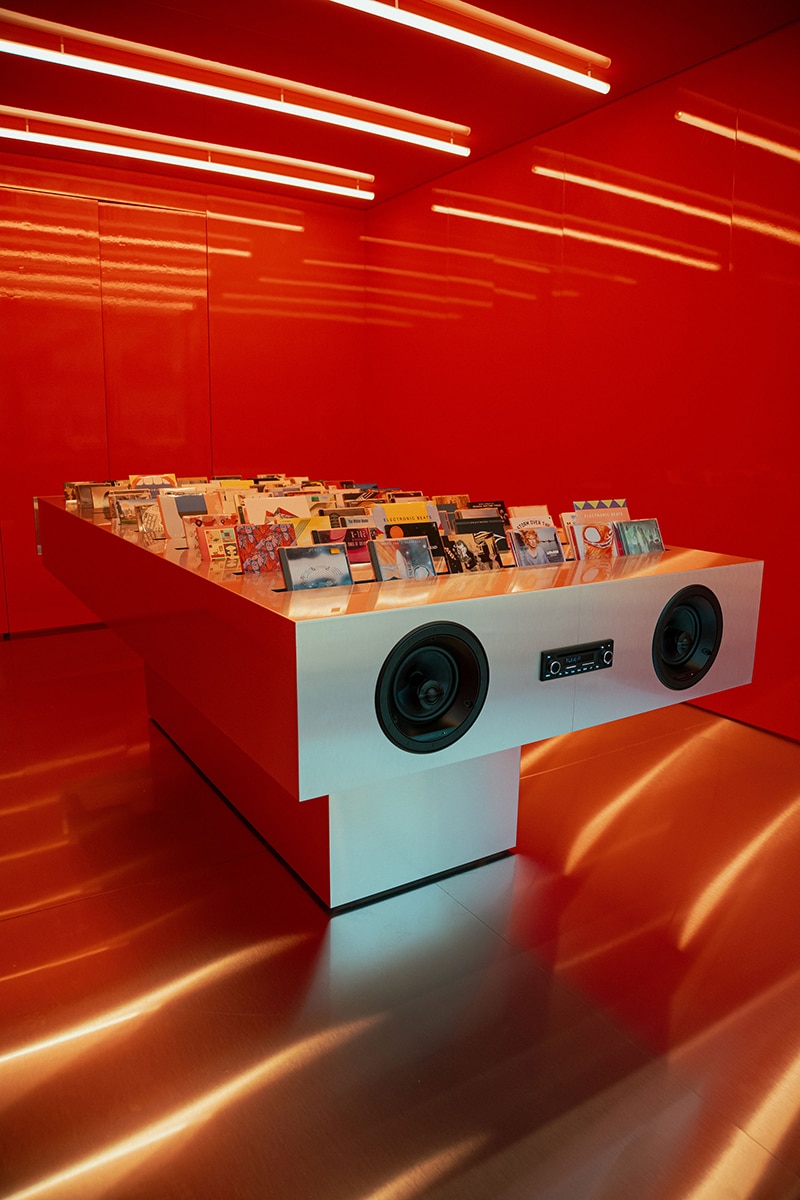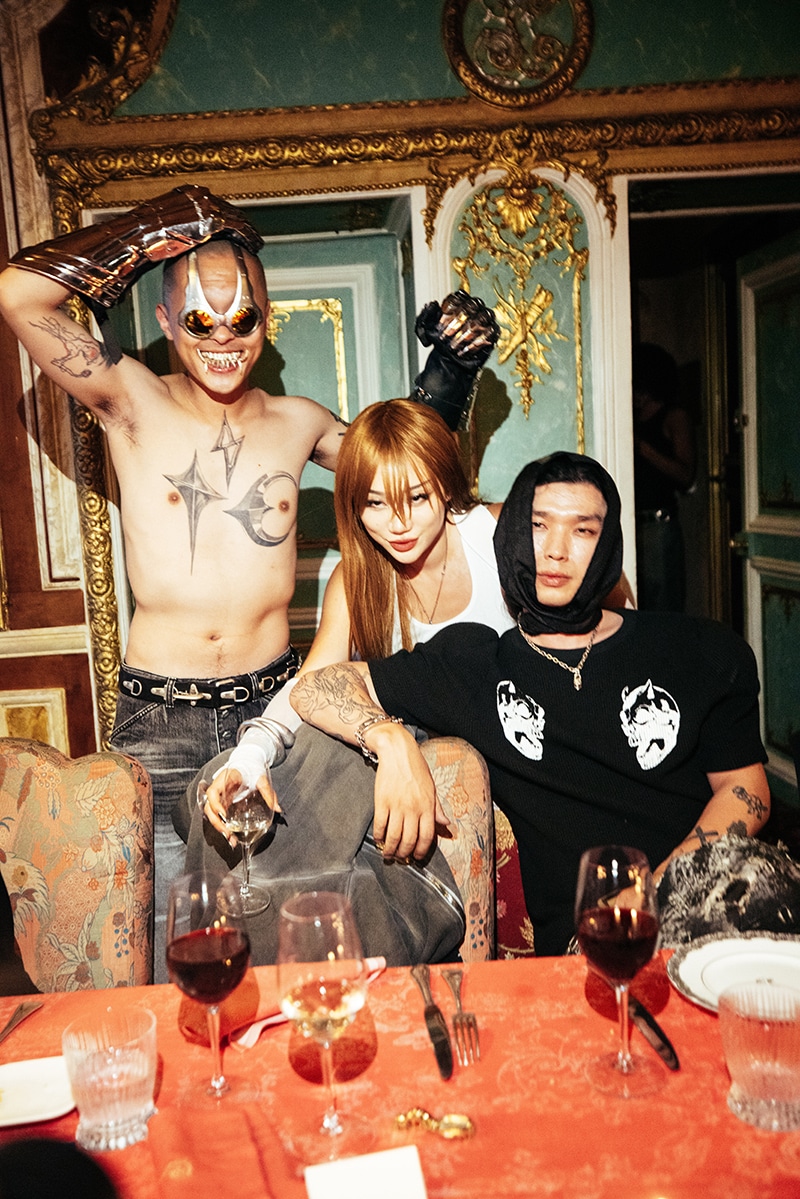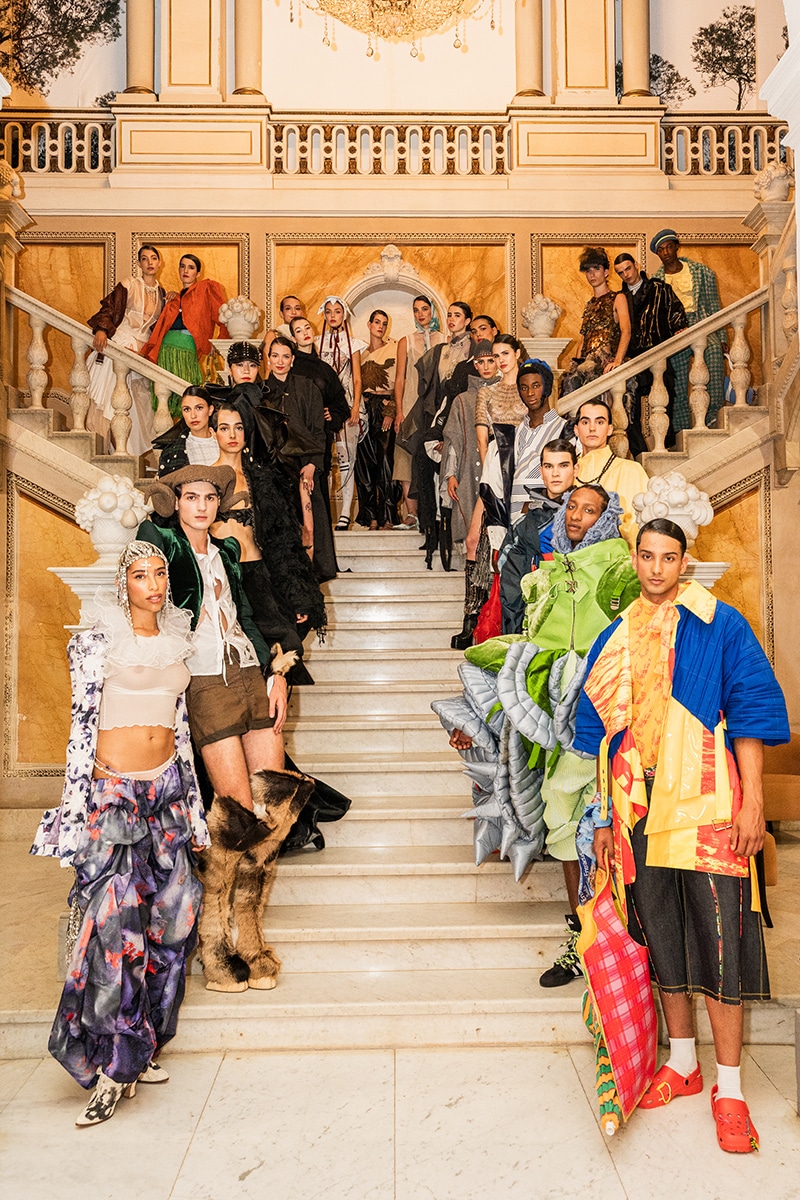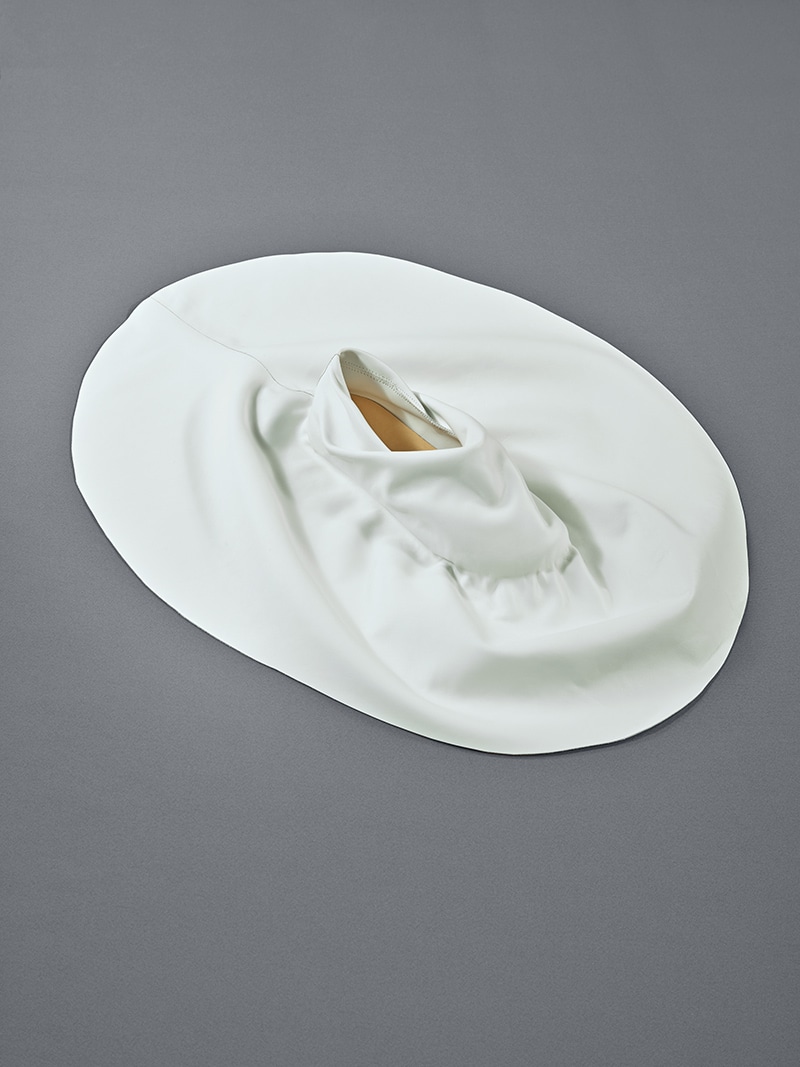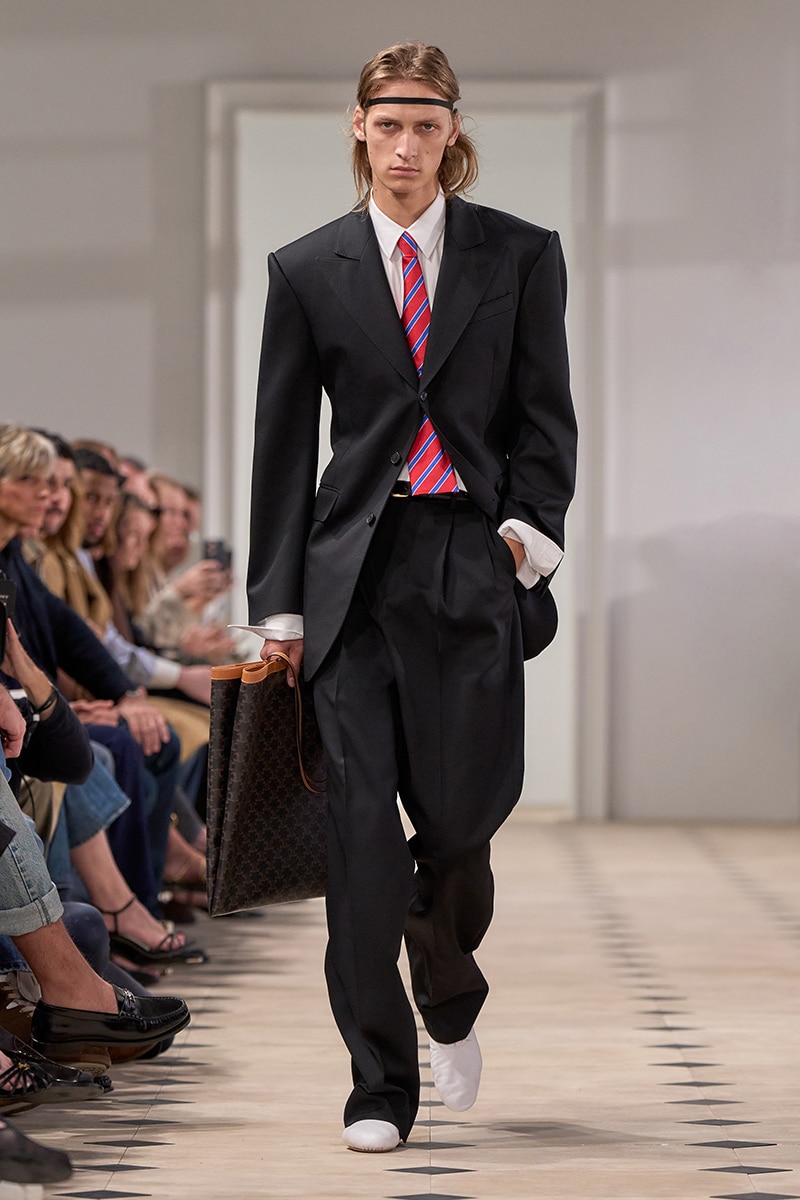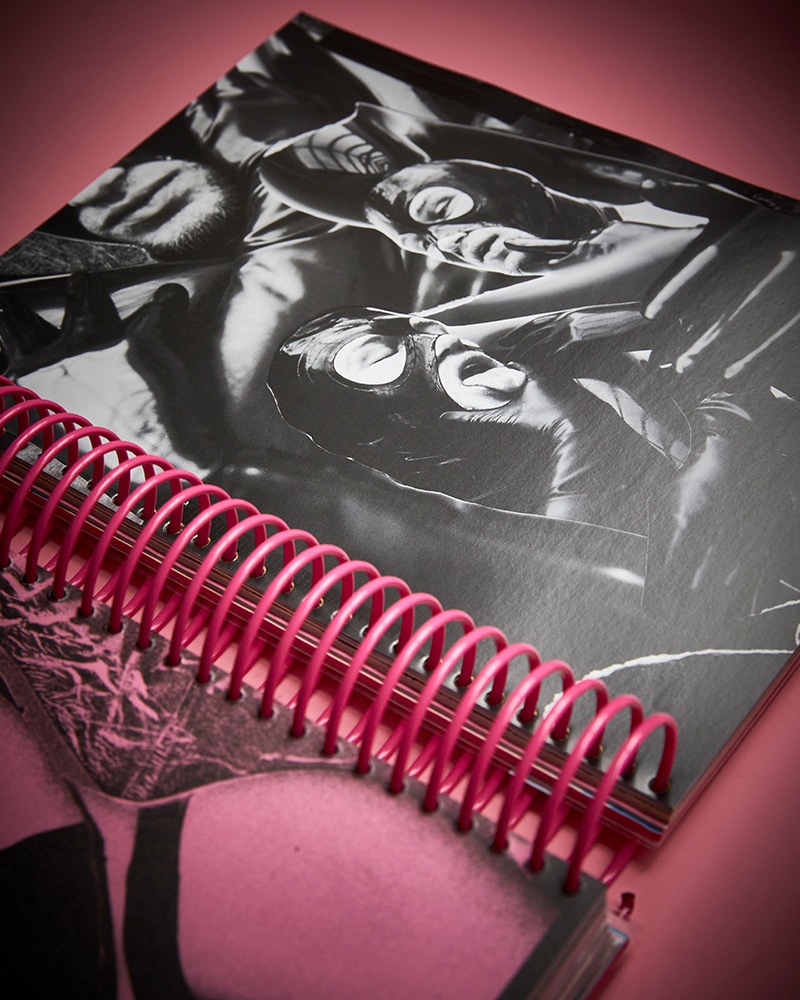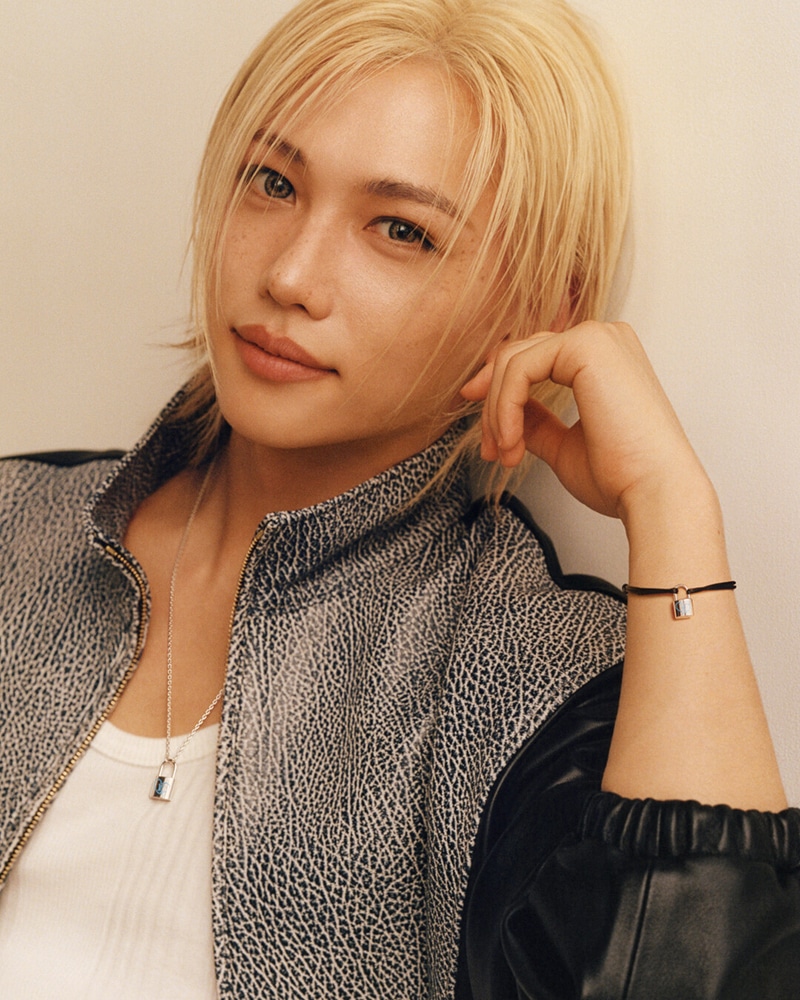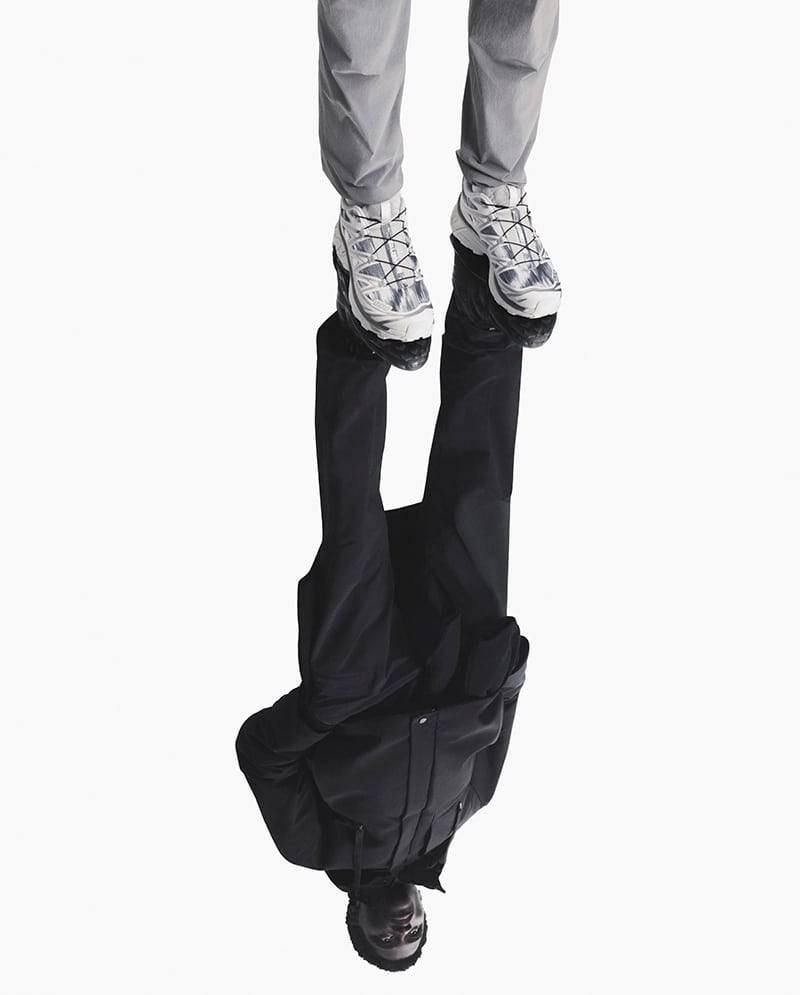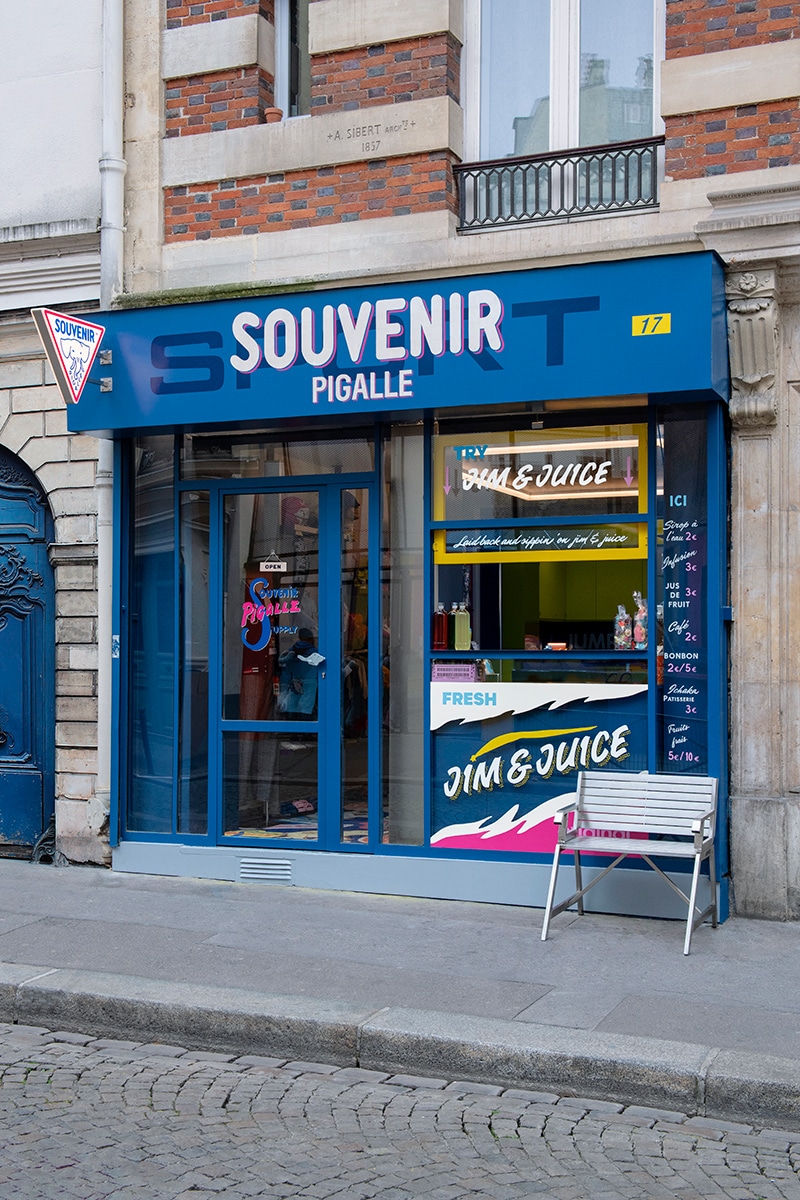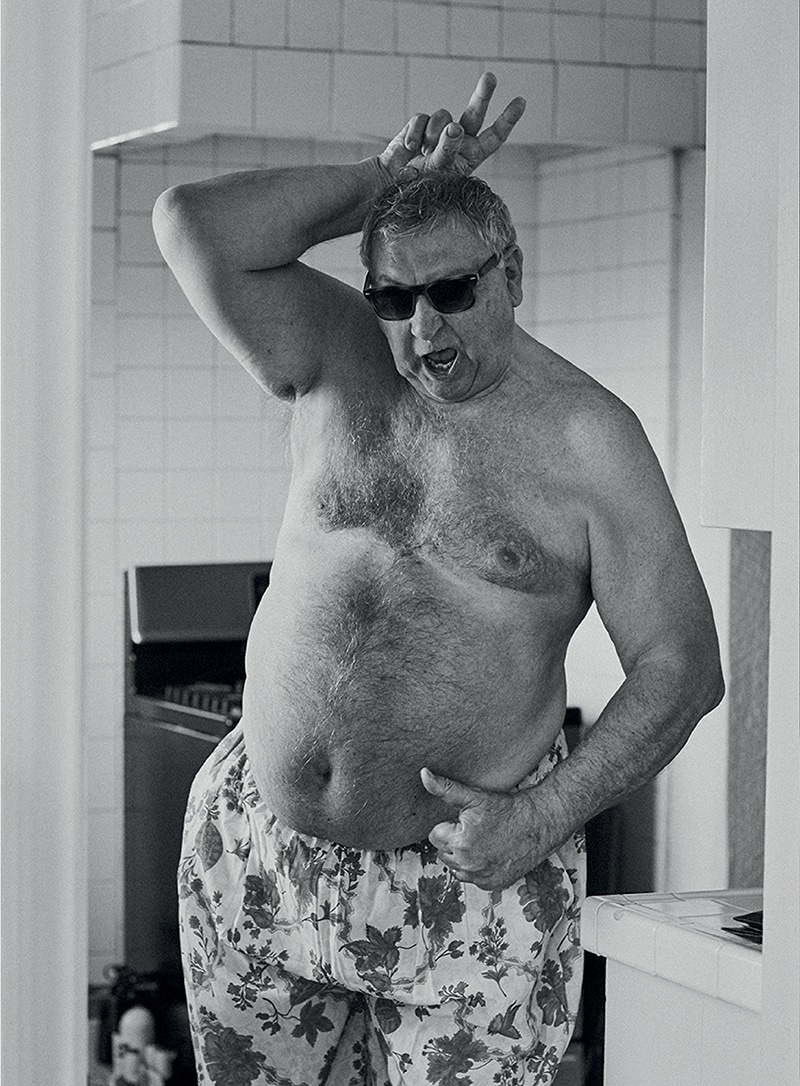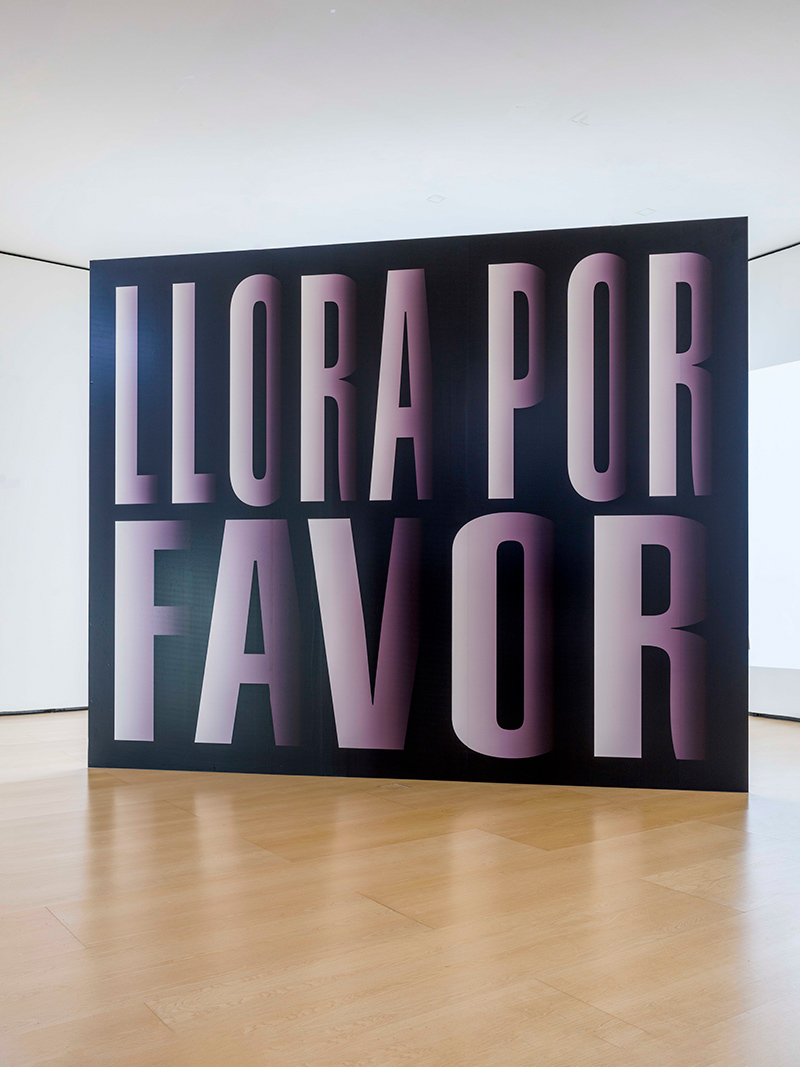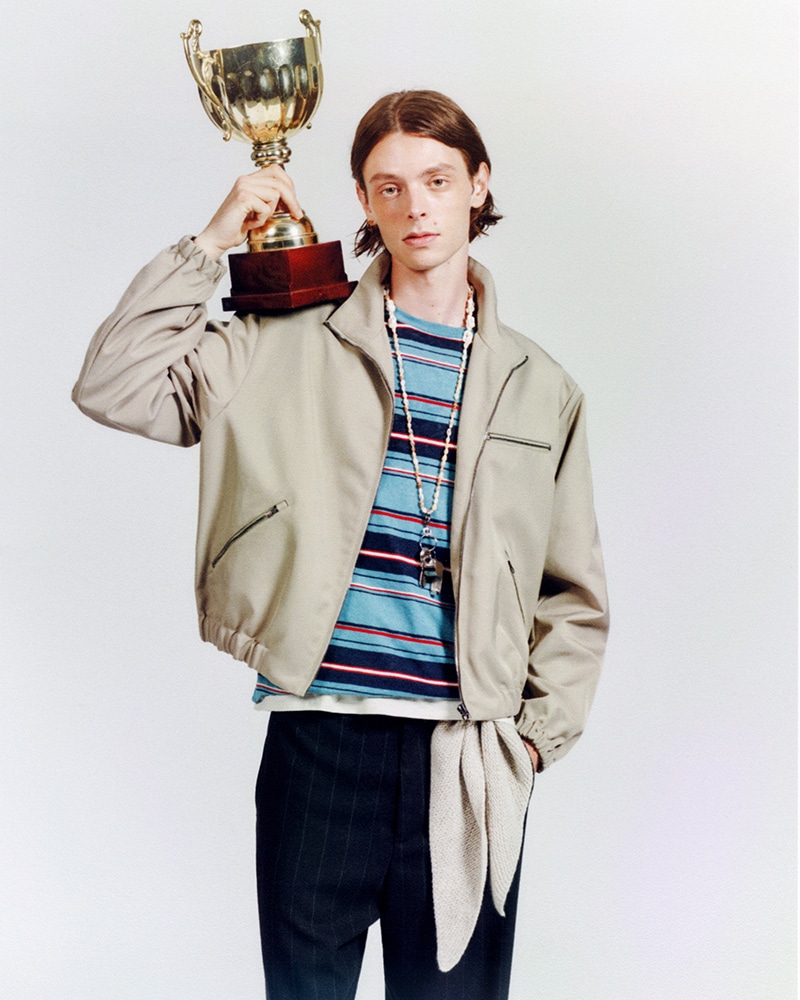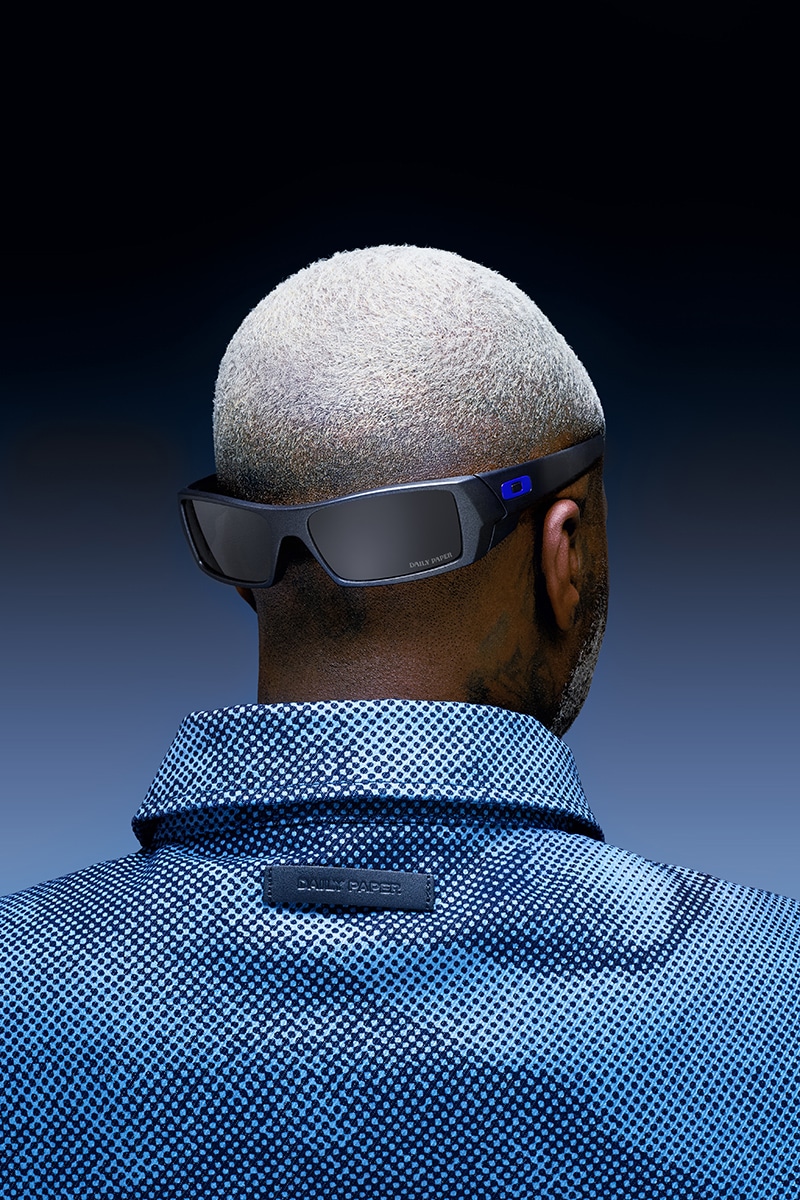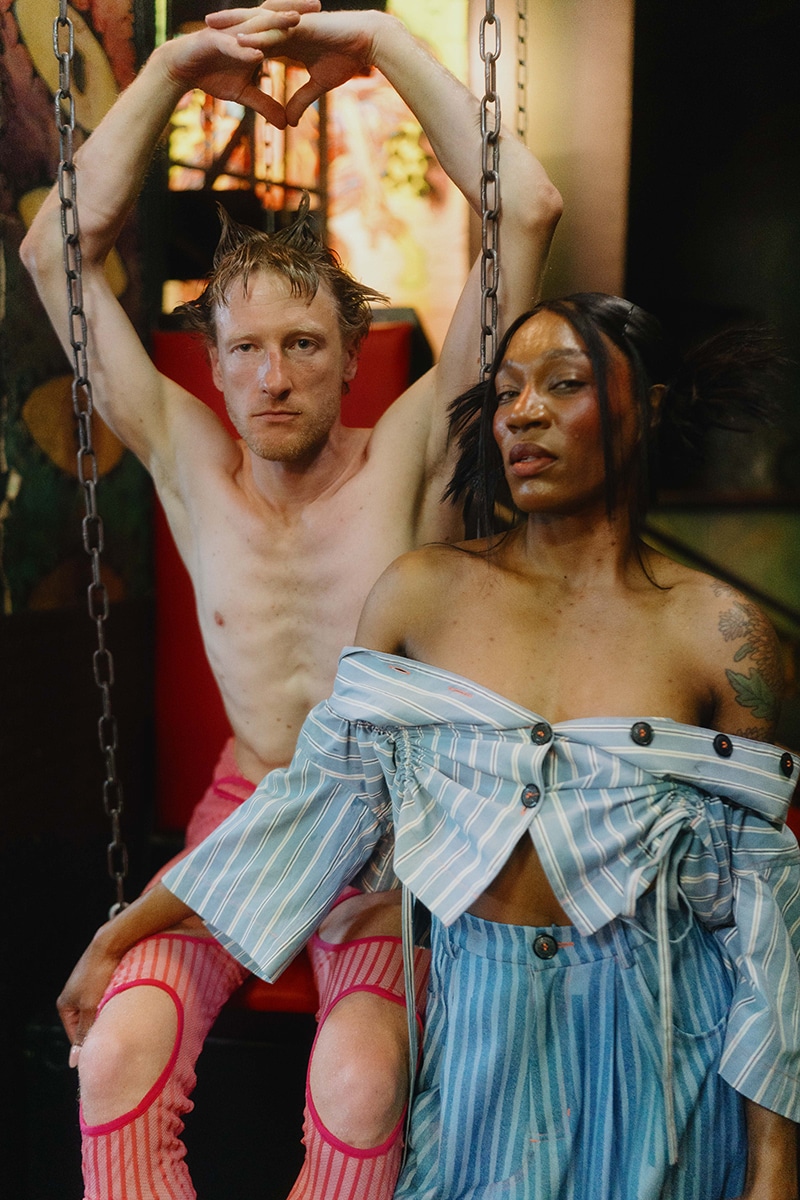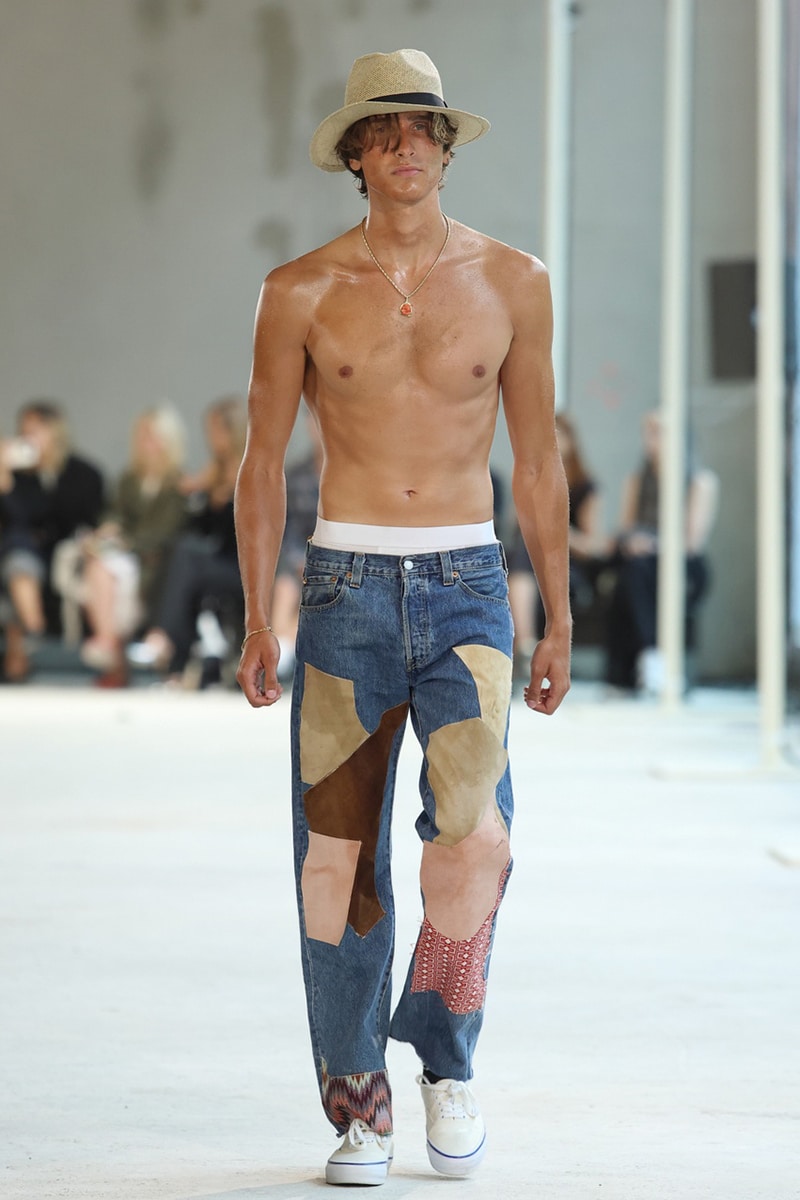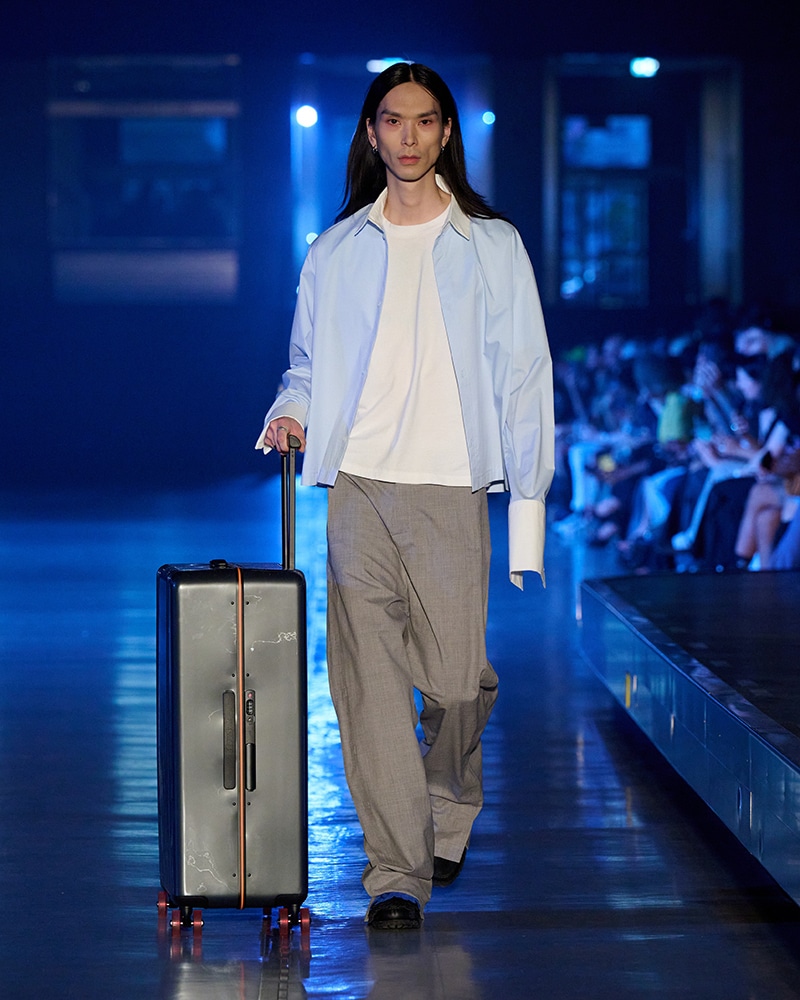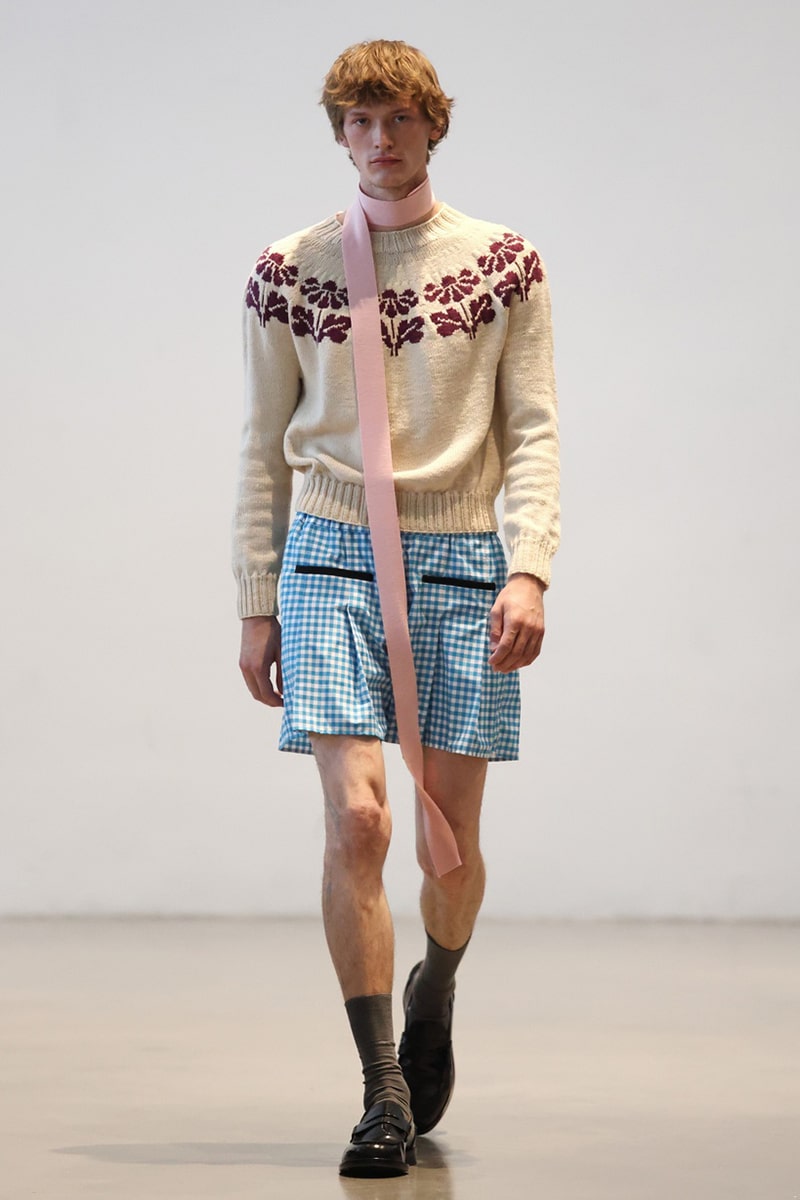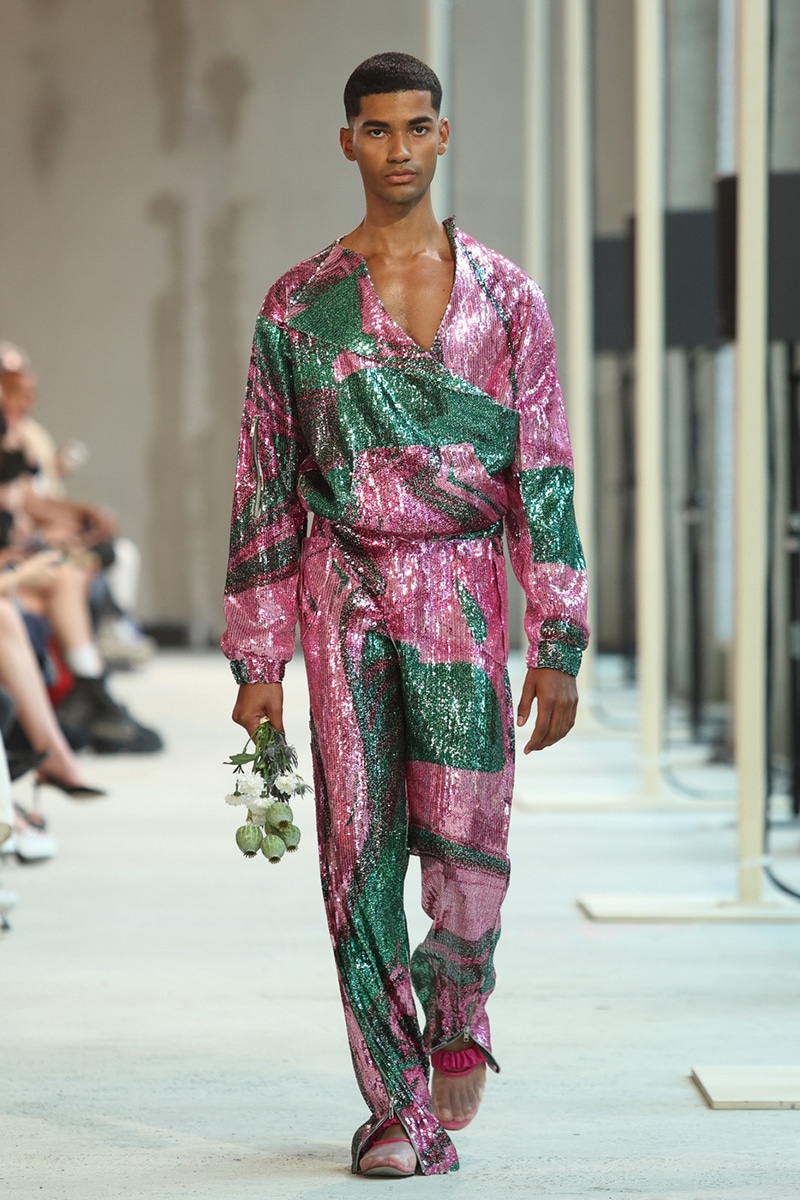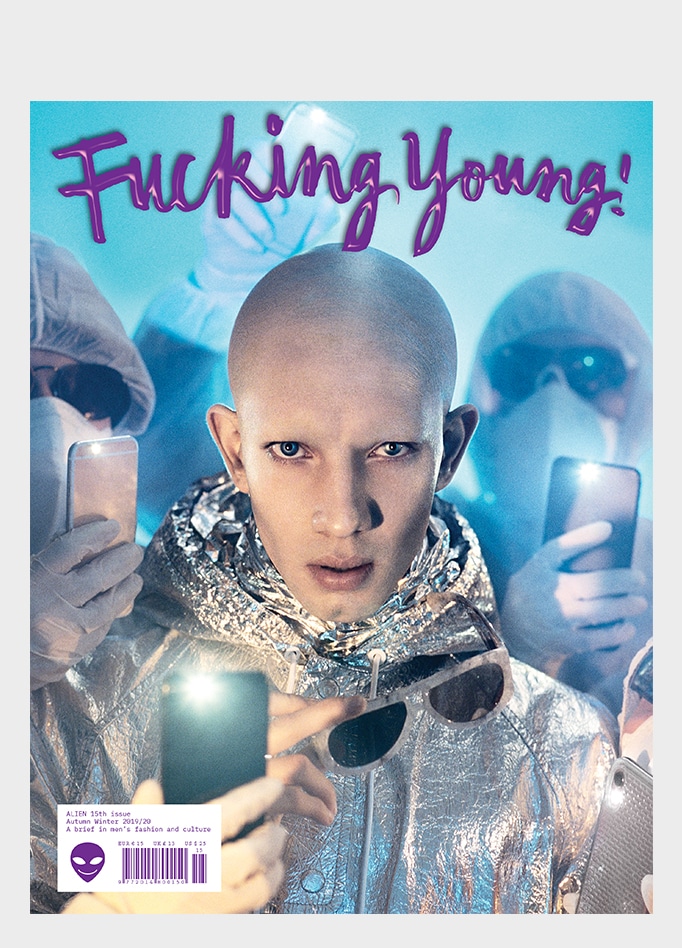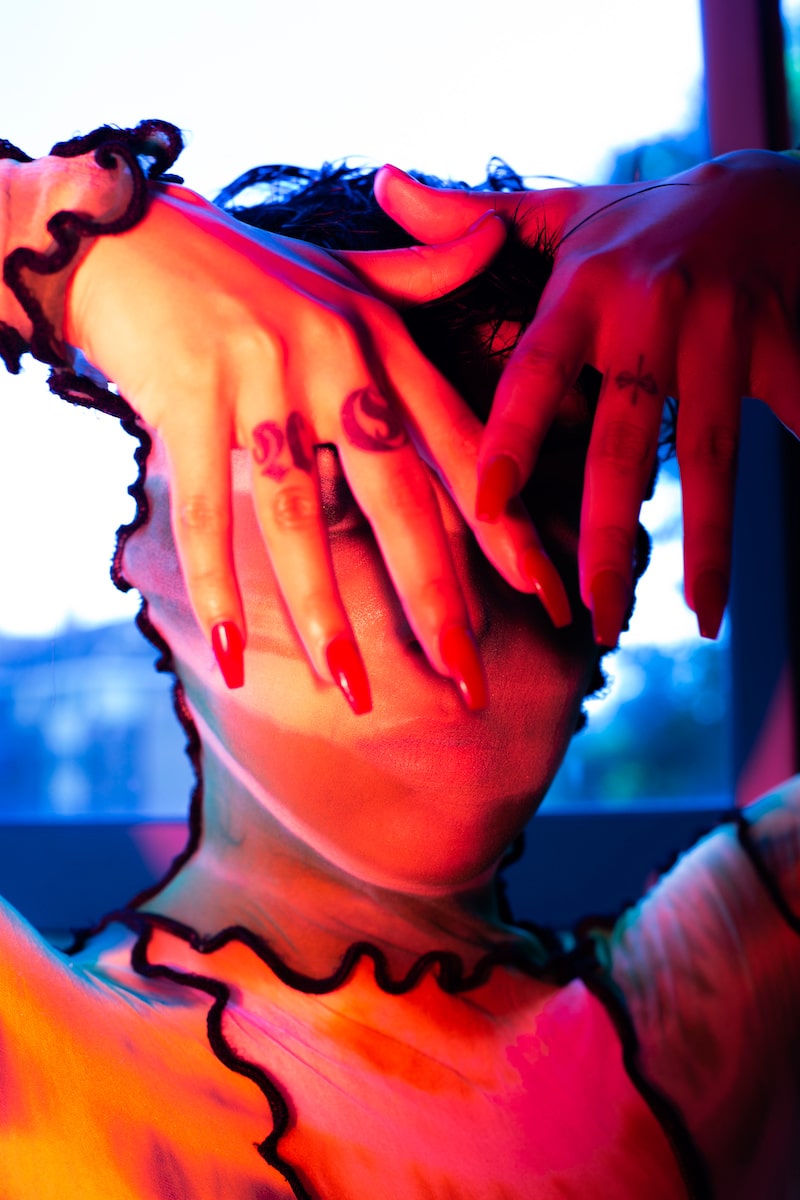
My introduction to the London-based artist Astrid Gnosis happened at Inferno – probably the most exciting rave on the London queer scene right now. My emotional state while absorbing her music might’ve been biased by the amount of toxins I consumed prior to the rave, but when I entered the old, humid, smoke-filled warehouse somewhere in the East London (of course), I was blinded by intense strobes, and my whole body was grabbed and thrown to the floor by this girl screaming over a hellish gabber instrumental. Her name is Astrid Gnosis and if you like intense emotions, you better check her out!
Astrid first of all, are you into philosophy?
I studied philosophy in Birkbeck for 2 years before I dropped cos I couldn’t afford it.
If so, what are your favorite theories, writers and why?
Gnosis is a philosophical journey; after all, it means wisdom in Greek. I’m interested in political philosophy and critical theory; I find them essential in order to understand humanity and life in society. I love reading Adorno, his writings on culture are ruthless, his reflections on the human condition and the mechanical banality of our social interactions reflected in our oppressive culture, are fascinating. I find great pleasure in his thought. I’m not sure he would like my music, but he has definitely inspired it. So has Attali. Derrida’s theory of Deconstruction is essential to understand the problems and intricacies behind binary logic.
There’s a lot of fear in our society, that’s where hate is bred. Which leads me to Foucault’s analysis of institutions and their interest in cultivating fear and continuing systems that enslave us at all levels. The critical theory could be revolutionary; it just needs to seep outside of intellectual circles into a much broader part of society. Maybe then we can work towards a common understanding of things like consent, respect, and human rights.
If I could translate my philosophical influences into music which is a much more accessible language, than the intricate writings of Hegel for example, and inspire people, who initially may not be in agreement with me, to be willing and open to listen and understand one another, then I’m doing exactly what I set out to do when I began to create as Gnosis. It’s ambitious, but that is why I like to be on stage, I believe we learn best through experience, and in every show, I learn something new about people, which ultimately is about myself and my practice.
Your new song “Drop Dead” starts off with a statement addressing the current legal situation of euthanasia. Any particular reason for that? What is your personal view on euthanasia?
In 2017 the theorist Mark Fisher and artists like Chiara Fumai and Chester Bennington committed suicide. For the ones who are dead in life, suicide, like euthanasia, is an act of freedom. It is an exercise of the right to one’s own life. It is an act of rebellion against nature, the state, society and oneself. Suicide is a social symptom, not a personal failing at life. I chose to stay alive, so I choose to make my life an act of non-conformity, to prove to myself and others that it is possible to create the change we want to see. And “Drop Dead” is a declaration of my intent to do so until I drop dead.
My song “Drop Dead” references the pleasure of witnessing societies decay as a sense of empowerment, rather than feeding into a culture of distraction, hence the hint to a Coca-Cola advert on the video, like in that 80’s film “They Live”, I say here are your truth-seeing sunglasses, now push for something you’re actually passionate about and then fuck off. Fuck the social contract, its long out of date. We don’t owe our lives to a defunct system. We owe it to ourselves and the ones we love, to be the best version of ourselves possible. Foucault talked about the mental institutions and how barbaric their attempts to make us “normal” are. The mad are a target for ridicule and/or pitty, our genius is measured only in our accomplishments within the norm.
I reference meds in the song, lots of people I know take Prozac and other variants of antidepressants, I’m not saying don’t take them, but if you do, own it, don’t be ashamed! It’s hard enough to cope with reality sober all the time, everyone has an outlet, as long as it doesn’t hurt other people and it helps you be in a place where you can be helpful, inspiring and useful, then do whatever it takes. But let it be your decision, don’t buy into stupid ideals.
Life is hard, its just the way it is, and societies oppression and structures of power make it that more straining. I hope that coming generations can avoid redundant topics like Women’s rights are Human Rights, I mean, its like we’ve just begun the 20th century all over again, there’s a lot of shit to talk about.
Your visuals generally integrate CGI elements, several references to video games as well. What is the message behind mixing real footage with digital elements?
I have used footage from the exodus in Venezuela and offshore drilling videos to illustrate the narratives in my shows. Human suffering, state terrorism, global warming, I’m not trying to normalize any of this, it’s not an aesthetic choice, its a reminder of what is going on in the world we inhabit.
Again, I’m aware that music is broadly experienced as a form of entertainment, yet I’m not trying to feed into a culture of distraction. Rather use it in its own head as a political statement. There’s nothing wrong with enjoying mainstream culture, but when I choose to write I do it consciously, that there is a statement of experience behind and an opportunity to say something of value to someone.
I haven’t been able to work with real footage for any of my music videos; everything is staged, or altered. In my video for “Troll” I asked two friends to torture me for 5 minutes by waterboarding, that’s as real as it got, but it was staged.
It wasn’t real, even if it felt real to me, it is theatrical. Like a religious ritual. Music has that capacity of blending the real and imaginary, it moves us, we respond physically to the frequencies using a sense that we have learned to keep mostly shut down as a self-defense mechanism. Phillip Glass said: “The problem with listening of course, is that we don’t”.
Most of my visual choices come from the lack of funding and arduous hours of madness in editing simple shots into something coherent with the music I make. My face is distorted in Drop Dead, which references Chris Cunningham’s Mental Wealth ad for Play Station.
Gaming allows people to create parallel realities, where an escape from the mundane to the epic is possible even if only through a virtual world. It’s a form of addiction. The line between reality and fiction was further blurred physically with the use of the Internet and social media. I come from the generation that witnessed the transition. I’m aware of how many people it left behind. Adaptation is survival. So I like to reference video games because a) I played my fair share of them and b) It references the cognitive dissonance in our society.
In a way, CGI technology is an extension of Shanzhai culture; the illusion of access and progress can be experienced as real through a distortion. Just like cosmetic surgery and other forms of body modification, help people tailor their physical realities to match their mental universe.

What is coming next for Astrid Gnosis?
I will release my new EP called HEADY by the end of November. After my 2018 tour ended in September I decided I would go back into my creative cocoon for a few months and not take any further live bookings for the rest of the year, but an exciting opportunity has come my way, and if it goes through I cannot and will not decline 🙂
So currently focused on my 2019 HEADY tour and new releases that will see the light next year. Notably, I will be at Cafe Oto next March for a very special event, which I am really looking forward to, and in the meantime well, and you can also listen online my show for NTS radio.

